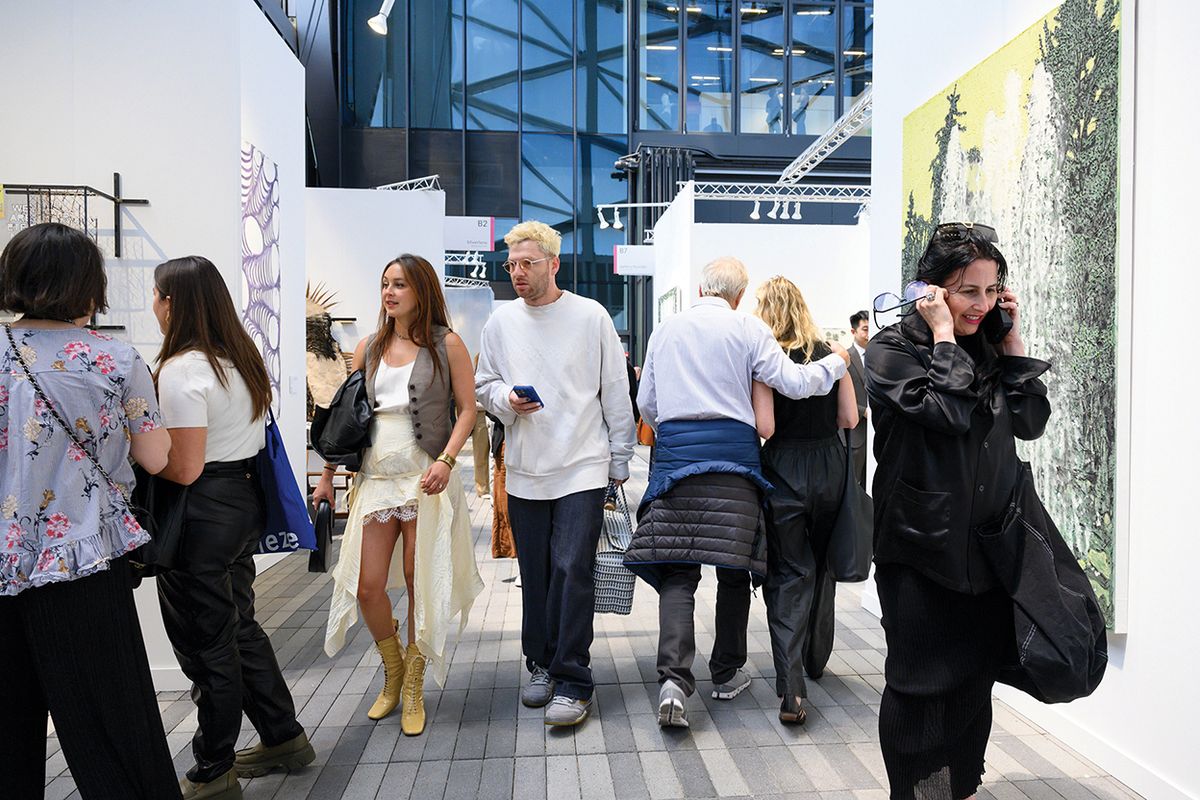Wealthy art collectors say they are hoping to take advantage of the buyer’s market, according to the latest edition of Bank of America's survey of high-net-worth individuals, released today (18 June), which also sheds light on the differences between older collectors and the new guard made up of Millennials and Gen Z.
The survey consisted of responses from 1,007 individuals in the US with at least $3m in investable assets, excluding their primary residence. Not all of the respondents, who were 21 years of age or older, are Bank of America customers, according to the study.
The findings that focused on wealthy Americans’ collecting habits found that respondents with an art collection worth more than $100,000 report being more interested in buying a valuable new work in the next year instead of selling one, which the report attributes in part to art valuations softening as a result of higher interest rates.
“That is reflective perhaps of the time that we're in right now, which is more of a buyer's market,” Drew Watson, the head of Bank of America’s art services, tells The Art Newspaper. “The art market is really coming off of recalibrating and finding a new equilibrium off of the highs of 2022 after the pandemic recovery. There's some great buying opportunities in the market right now.”
The study found significant distinctions in how different generations approach art collecting. It is another indicator of just how much the “great wealth transfer”, during which trillions of dollars are set to pass on from baby boomers to their millennial heirs, will shift the art market. A whopping 83% of respondents 43 and younger told Bank of America they currently own art or would like to, compared to only 34% of respondents older than 43 who reported the same interest.
“We've learned over the years that people collect for a combination of different reasons. First and foremost, it's because they enjoy the aesthetic value of the arts, or they're passionate about the art,” Watson says, adding that younger collectors in particular enjoy the “experience” around acquiring art. (This line of thinking has been expressed elsewhere in the art world—last week, Art Basel launched Hotel Merian, its new riverside social venue dedicated to fair week entertainment, part of its strategy to attract younger clients).
Millennials and Gen Z are also more than six times more likely to say they plan to take out loans against art they inherited, compared to older generations. This follows their more general interest in nontraditional assets, Watson says, which he associates with having experienced multiple economic recessions throughout their formative years.
“They see the opportunity for diversification. [Collecting art] is also something that relates to their passions, their lifestyle and is aspirational for them,” Watsons says. “We can start to understand why it's so attractive amongst younger generations.”


